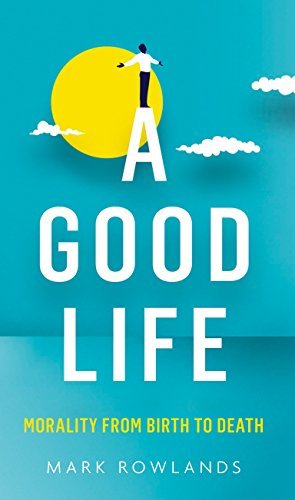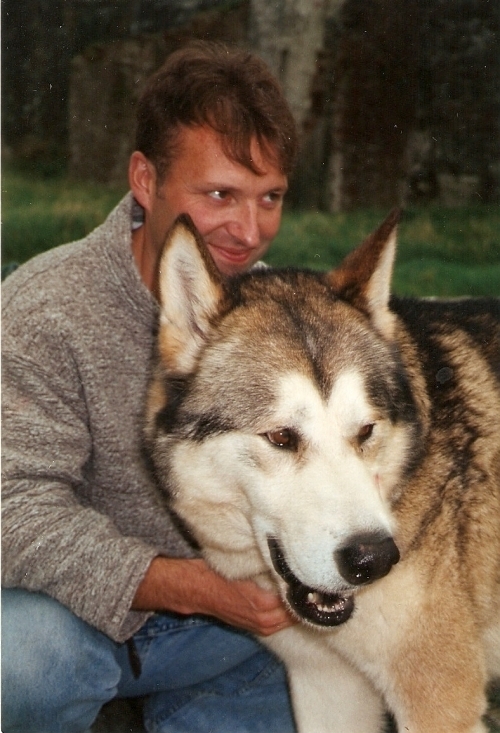
Framed by the story of a son finding his late father’s journal, a meditation on love, meaning, and morality by the author of The Philosopher and the Wolf . Myshkin was born on a certain day and died on a certain day—and some things happened to him in between. These things presented him with ethical questions, and this book is a record of his attempt to answer those questions. Discovered in 2054 by his son after Myshkin's death in the Florida Keys, A Good Life is one man's reckoning with the life he has led and the choices he made. It is at once a philosophical handbook for living and a page-turning narrative, following one man's life (birth, death, education, religion, morality, illness, and so on) told through a philosophical lens. It is a riveting examination of the ethical questions we face, and the decisions we must make, and a defense of the idea that at the beating heart of morality we find love. Sometimes profoundly funny, sometimes deeply serious, A Good Life is as readable as a novel and as provocative as the best philosophy. It is the finest work to date by a charming and brilliant thinker. “A lovely writer, funny and moving.”— Observer
Author

Mark Rowlands was born in Newport, Wales and began his undergraduate degree at Manchester University in engineering before changing to philosophy. He took his doctorate in philosophy from Oxford University and has held various academic positions in philosophy in universities in Britain, Ireland and the US. His best known work is the book The Philosopher and the Wolf about a decade of his life he spent living and travelling with a wolf. As The Guardian described it in its review, "it is perhaps best described as the autobiography of an idea, or rather a set of related ideas, about the relationship between human and non-human animals." Reviews were very positive, the Financial Times said it was "a remarkable portrait of the bond that can exist between a human being and a beast,". Mark Vernon writing in The Times Literary Supplement "found the lessons on consciousness, animals and knowledge as engaging as the main current of the memoir," and added that it "could become a philosophical cult classic", while John Gray in the Literary Review thought it "a powerfully subversive critique of the unexamined assumptions that shape the way most philosophers - along with most people - think about animals and themselves." However, Alexander Fiske-Harrison for Prospect warned that "if you combine misanthropy and lycophilia, the resulting hybrid, lycanthropy, is indeed interesting, but philosophically quite sterile" and that, although Rowlands "acknowledges at the beginning of the book that he cannot think like a wolf... for such a capable philosopher and readable author not to have made the attempt is indeed an opportunity missed." As a professional philosopher, Rowlands is known as one of the principal architects of the view known as vehicle externalism or the extended mind, and also for his work on the moral status of animals.